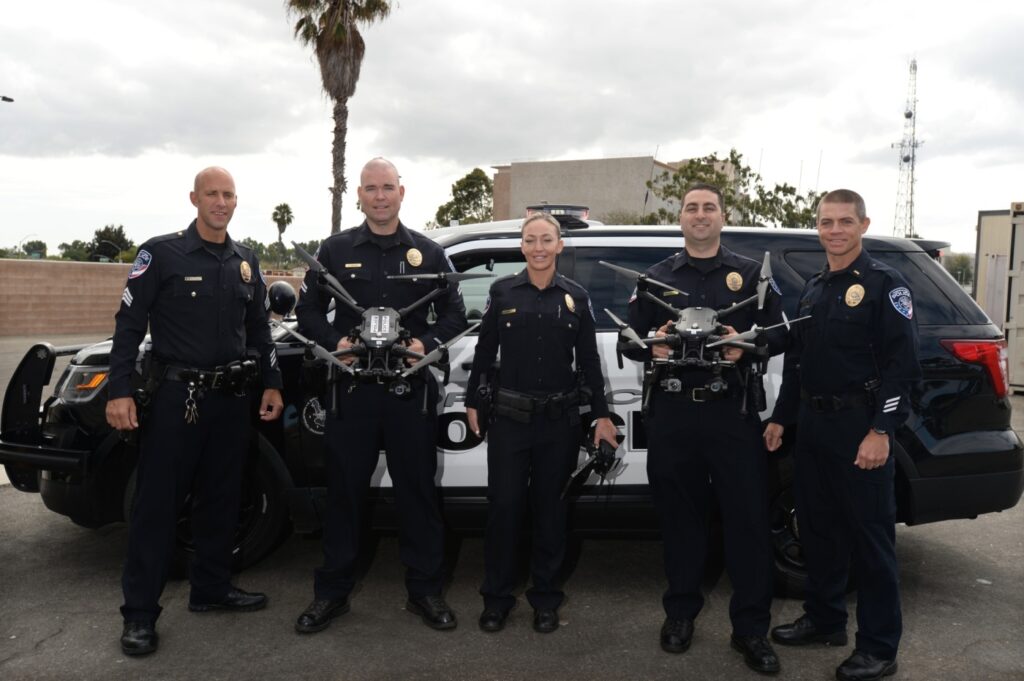
Like most political debates these days, the issue of policing has become unnecessarily divisive. After a Minneapolis officer killed George Floyd in 2020, the nation endured a wave of protests and riots, with some leftists even calling for the “defunding” of police departments. In the face of a post-pandemic crime wave, most conservatives have amped up old-time law-and-order rhetoric.
We’re now at a place where one side is instinctively anti-police, with the other side taking a knee-jerk pro-police stance. It’s easy to forget that, before the recent unpleasantness, a bipartisan reform movement had been gaining momentum.
This editorial board has often focused on misconduct issues, given the ramifications on people’s lives and liberties when government agents misuse their power. When agencies fail to remove bad officers, it undermines an essential element in the fight against crime: community trust. We’ve championed some legislative efforts, including police decertification and a broader release of misconduct records.
We still believe there’s an opportunity to rebuild a bipartisan consensus that acknowledges the importance of policing while recognizing that need to hold officers to the highest standards. A new report from the California Auditor highlights an important area of reform: biased conduct. It pointed to some disturbing incidents and an inadequate response by authorities.
The report looked at several large police agencies — the Los Angeles County Sheriff’s Department, the San Bernardino, San Jose and Stockton police departments and the California Department of Corrections and Rehabilitation. It found biased on-duty interactions, officers who promoted biased content on social media and a small number of officers who showed apparent support for hate groups.
California has nearly 80,000 law-enforcement officers, so a smattering of incidents does not necessarily denote a widespread problem, but the report comes against a backdrop of national reports of officers who took part in the Jan. 6 U.S. Capitol riot. The FBI has noted that its investigations into right-wing extremist groups has found “active links to law enforcement officers.”
The audit did not find officers who were members of hate groups, but news reports have cited alleged connections. “Because bias can take the form of preconceived judgments, opinions, or attitudes about people based on their actual or perceived identity characteristics, it can interfere with officers’ abilities to treat members of the public with fairness, impartiality, and respect,” the audit explained.
That seems obvious, and should be widely acknowledged by both sides of the policing debate. Police officers have “significant, unique authority,” including the right to detain people and even use deadly force, so officers should behave appropriately. Unfortunately, the auditor found that these major police agencies have not done much about the potential problem.
“They have not implemented robust community engagement strategies or employee training practices,” the audit concluded. “They have not established sufficient, proactive processes to identify possibly biased behavior … have not consistently conducted adequate investigations of alleged biased behavior.”
Nor have they embraced sufficient strategies to diversify their police forces. The auditor called on the Legislature to address those shortcomings through a variety of new training, hiring, record-keeping, investigatory and disciplinary standards. California’s police agencies need not wait for the Legislature to act. They simply need to foster a community policing culture that doesn’t tolerate such behavior — something that will ultimately make their jobs somewhat easier.
